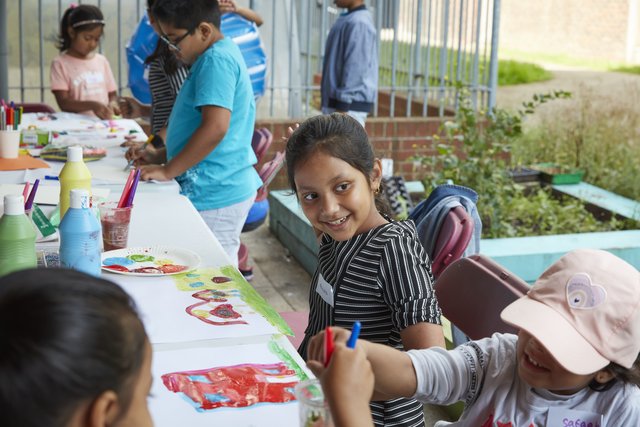
Our Love Summer Programme is designed for families in poverty, for whom the financial pressures of keeping children entertained and fed make the summer holidays an incredibly difficult time. We want to make the summer a time people feel they can love, not fear.
Our work is about transformation. Love Summer is a critical extension of that work. As always, we want to tackle this holistically, working with families to transform their lives beyond just the holidays. Whilst we expect much of the country to be focused on solely food support, we remain focused on resolving the underlying crisis and creating a path out of poverty.
In 2021, following a year of lockdown, we organised an extraordinary face-to-face Love Summer, designed to support 45 families, twice a week for the six-week holidays.
What is Love Summer?
It’s a key part of our core work, an intensive programme that runs from June through to September with its main aim of transforming the lives of 45 families. These are some of the hardest-to-reach, in-need families.
The process of unpicking the complex, underlying causes of poverty starts in June. As always, this remains the most important, time-intensive part of what we do.
By the time the families join the face-to-face programme from the end of July onwards, the rapid crisis intervention work they will have already received means they enter the 6-week Love Summer programme in a better position to enjoy it.
Love Summer is a chance for the whole family to have 2 days each week worry free. We provide a healthy and nutritious breakfast and lunch, various activities for children such as seed planting, sports, art classes and more. Whilst the children are kept entertained, parents attend a series of support workshops – such as CV writing, confidence building, job interview techniques, cooking and other focus groups tailored to help them rebuild their lives in a meaningful way.
Love Summer is also a chance for community building; for parents to meet, speak and connect with other people who are facing similar challenges.
The same expert Advice Workers who welcome the families onto the programme will remain with them throughout Love Summer and will provide as much support as needed beyond the programme, until the family’s life is back on track.
How you can help
There are various ways you can get involved! Please contact Melanie Rochford for more information at partnerships@firstlovefoundation.org.uk.
To enable us to continue organising support programmes such as Love Summer, please consider donating. We rely entirely on the generosity of the public, without whom none of this would be possible. You can donate here: Donate money | First Love Foundation
Below shows how our 2021 programme looked
We are grateful to the members of the public and corporate supporters who donated, as well as to the other funders who awarded grant funding towards the costs of this project: Kidz Cafe, Tower Hamlets (HAF), and Poplar HARCA.
For our full Love Summer 2021 report, please send us your request at partnerships@firstlovefoundation.org.uk
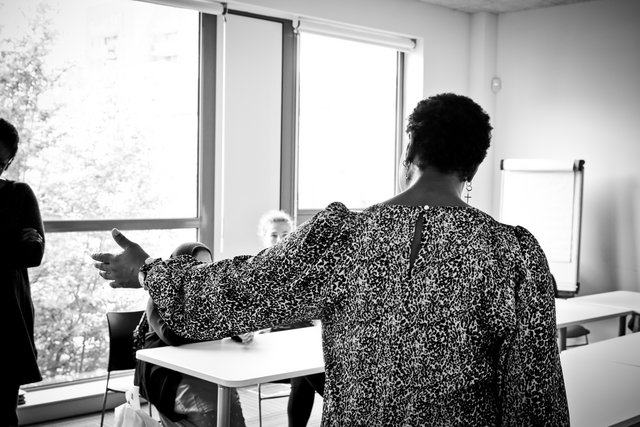
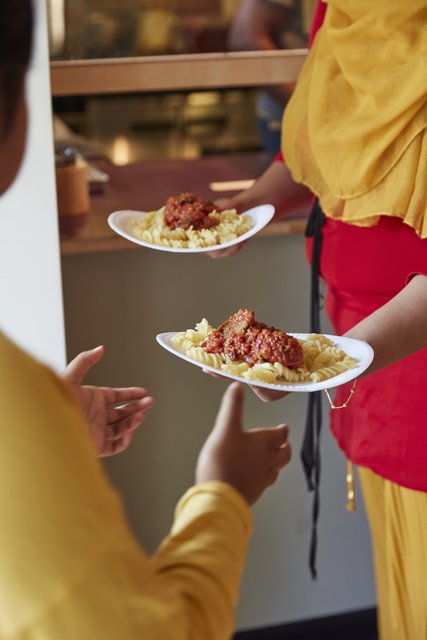
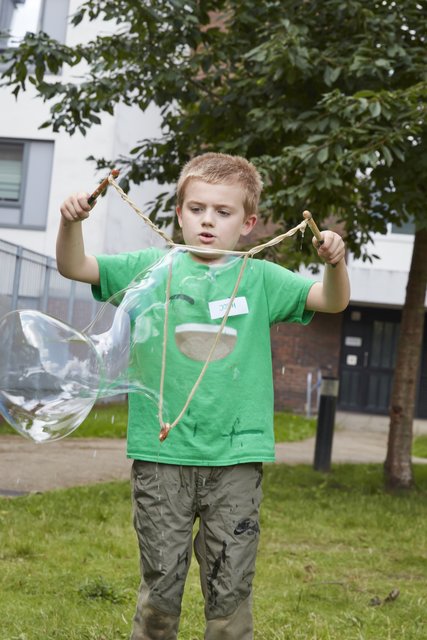
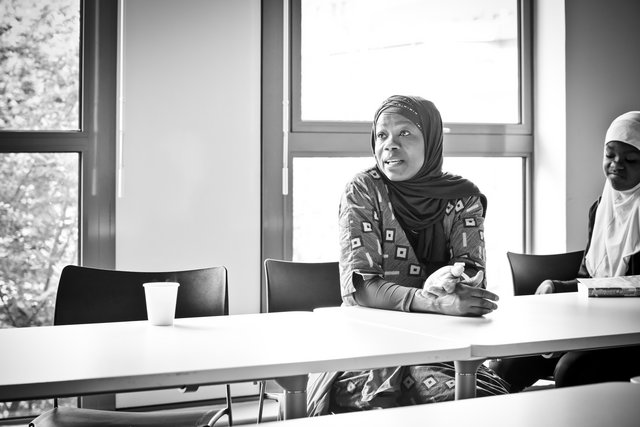
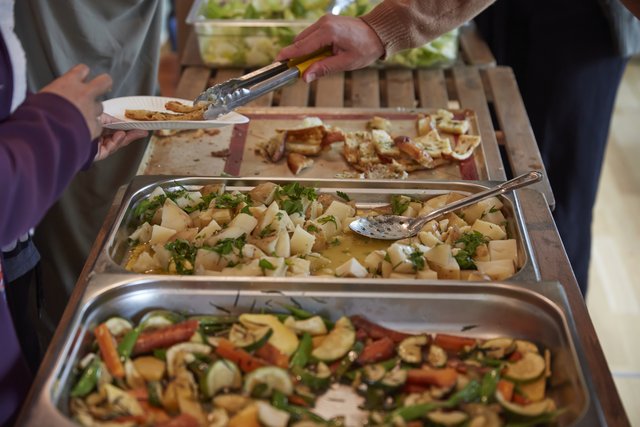
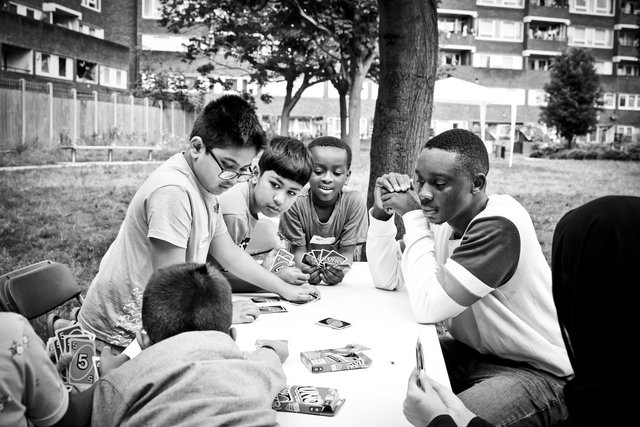
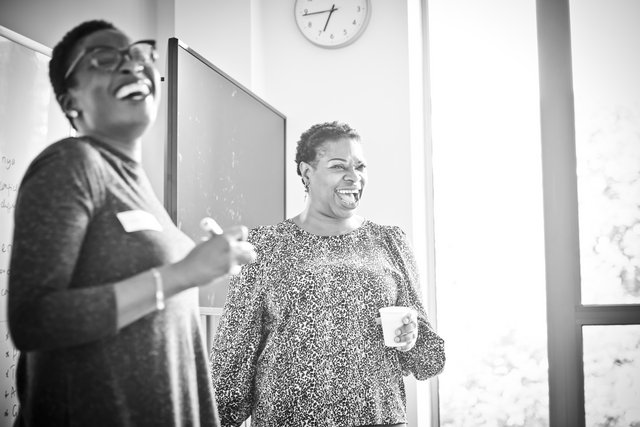
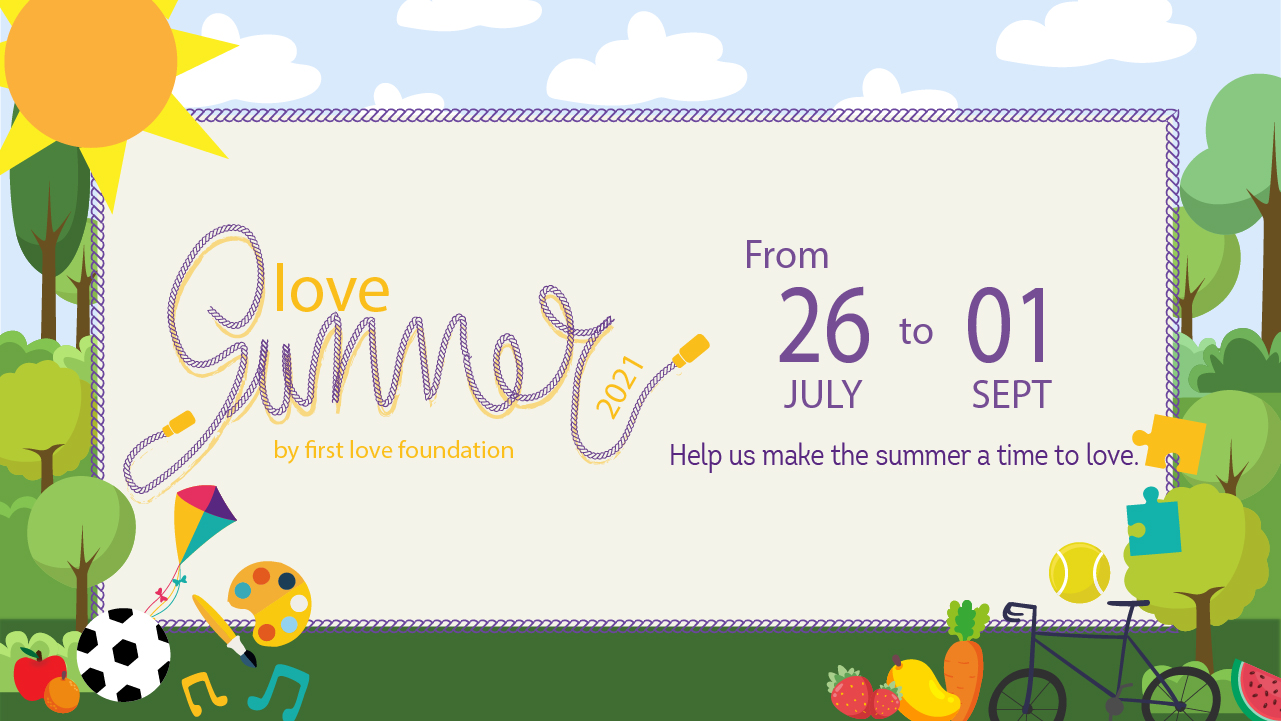
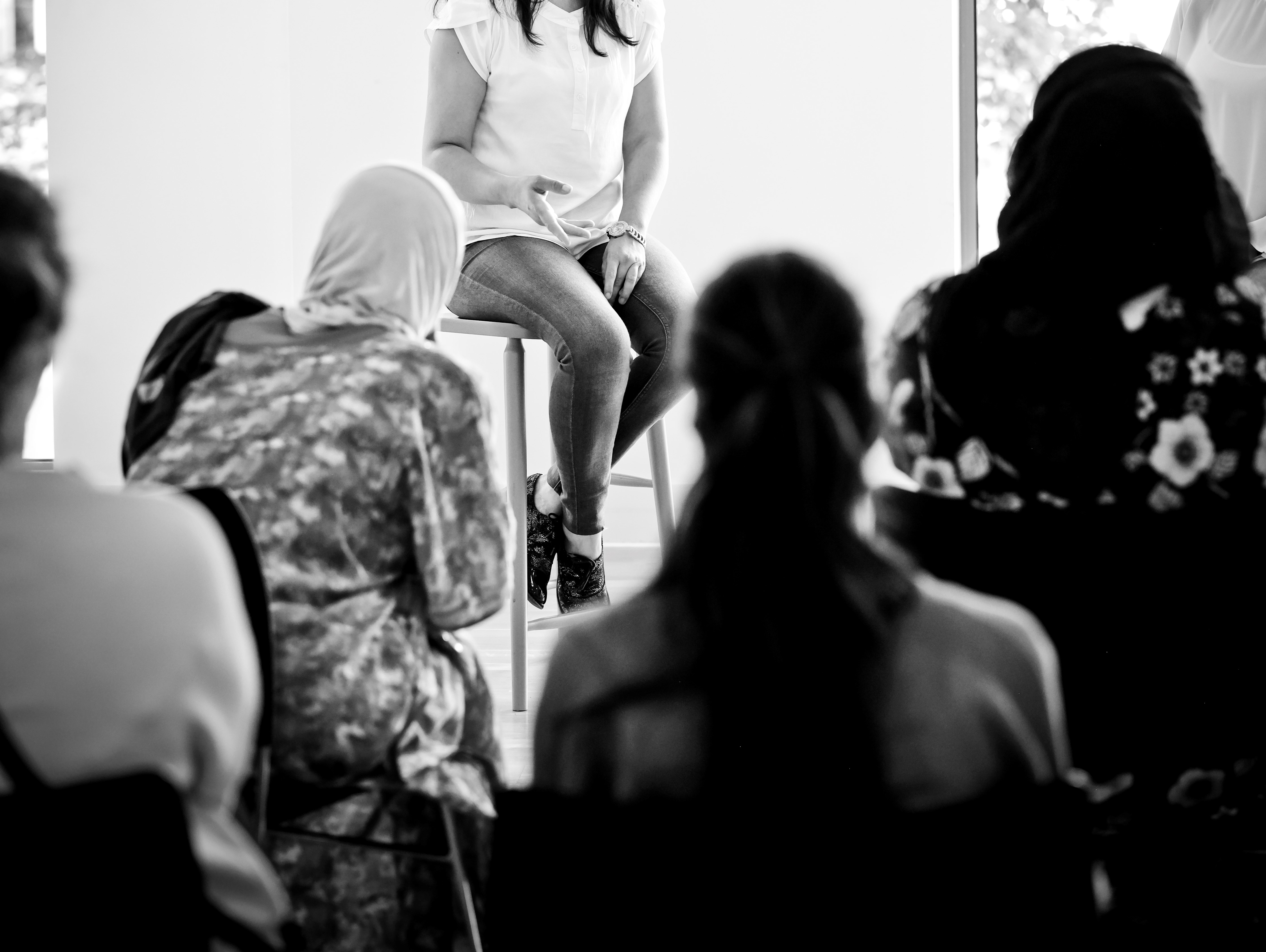
Surviving domestic abuse.
Meet Tabatha, one of our previous Love Summer attendees
“Abuse is not permitted. Communicate. Be ready to open yourself up.”
Tabatha embodies transformation. She is composed, strong, fearless and gentle, but most of all she is empowered.
Tabatha will soon train to be an advisor, to guide and support other women fleeing domestic abuse. But not too long ago, life was extremely different for Tabatha. Living in a refuge with her three children she could not envisage the life she now leads, with a garden she’d always dreamt of. Two actually.
Tabatha was first referred into our service in 2019 after escaping domestic abuse. At the time she had been in a refuge for three months – and remained there with her family for a total of nine months. One of her children had challenging behavior, leading to regular calls to the police and ambulance services.
Tabatha tried to remain strong, but could not envisage her life changing any time soon.
Flash forward, it’s August 2021. We’re all gathered round Tabatha, listening to her re-tell her story and provide hope for the women, from our Love Summer 2021 cohort, seated before her. It’s almost impossible to believe this courageous woman lifting the hearts of everyone here was once broken.
Thirty minutes and many tears later, it’s evident that Tabatha’s experience has resonated with every mother here. The women are from a variety of backgrounds and cultures, some shy and quietly listening, some loudly professing their understanding and sharing their truth, others overwhelmed by the revelation that they are not alone – that many other women are also facing and surviving domestic abuse in Tower Hamlets.
Once referred to our service in 2019, we walked alongside Tabatha and helped her to battle injustice.
Speaking of our team, she said, “Denise and Anike had been my advocates, in case conference meetings. Yemi even offered to take my children to school.. often with 12 members meeting with me, I felt surrounded. Worried about what was going to happen to my child. Denise stood with me, campaigning for a chance to keep our family together.”
Gaining stability was tough. After the refuge, Tabatha and her children lived in a temporary room for 6 months and even spent a few days in a hotel room. Much of the accommodation on offer was “not appropriate for a family, but people felt like I was asking for too much.”
Tabatha has been paralyzed on the left side of her body since she was young. Even after undergoing fifteen operations as a teenager, she is still left with mobility issues.
Tabatha has been married twice and survived domestic abuse in both marriages. Unfortunately, the second marriage left her with more damage to her mobility, which meant finding a home was difficult after fleeing.
“I was unable to climb stairs, but I was housed on the first floor without a lift. After some time I was given a special needs room for me and my children, but it was just a room. I was very down. It was stressful and tiring to face these challenges.”
Eventually, Tabatha put in a bid for a house – the kind she wanted and prayed for. The house she was eventually given turned out to be even better.
“You fell, you’ve been broken. You rise up and overcome. We have a house, my son has been accepted to an academy. He is able to go to a grammar school. We are grateful for the process and the people who stood there for us.”
Although Tabatha longs to get back into work, finding a job to accommodate her mobility issues is tough.
“It’s not possible for me to work at the moment, but I like to work. I want to do something. I can’t sit for a long time or stand. I have to change the position of my body often. I have a NVQ Level 3 in Health & Social Care, but can no longer travel from home to home.
Initially, my financial situation wasn’t very bad. I was working, saving, then maternity leave. I managed to keep going for a while. But then it started to run out and I spent the last of the money in the refuge. After that I had to go on Universal Credit.
I want to help others to be free and have a proper life. Everything is falling into place, slowly.”
We invited Tabatha to join Love Summer, our holiday outreach programme, to support those families most in need in the borough throughout the school summer holidays – a particularly difficult time for low-income families. “Love Summer was my first time to meet loving and supporting people like this. Emotional support, support with children and documents I needed help with.”
Now, looking back on her journey, Tabatha has compassion for her younger self. Compassion that she is now repurposing to fiercely stand for other women who also face abuse.
“When it comes to abuse, you have to stand for yourself. Even though you didn’t have the love you needed, you have to keep the faith. You feel threatened – if you do not speak up they will take your child… I lived in an abusive family since I was small. I didn’t know how to do it. I started to learn.”
With support and someone standing beside them on the journey, many women, just like Tabatha, are able to transform their lives.
Speaking on the commitment, courage and determination it takes, Tabatha says, “sometimes, even though you want to cry for yourself you can’t. You have food but you still need to open your mouth to eat.”
Despite multiple setbacks, Tabatha is an extremely determined woman – in every sense.
“Even riding a bike is a huge challenge. When I was a child I would tie my foot to the pedal with a shoelace to keep it on.
Now I want to drive. I have been told I need an adapted car, but I think I can do it without. A car is essential for our family.”
Tabatha is a testament to what is possible.
She now wants to be a domestic abuse advocate and is about to start a course to become an advisor. She believes her testimony will strengthen those in the same situation.
“We all have scars and bruises.”
How is Tabatha doing now?
Three years on since Tabatha first came to us in crisis, she is about to complete training to become a fully qualified advice worker. She will focus her support on helping other survivors of domestic abuse to navigate the path to a new start in life.
